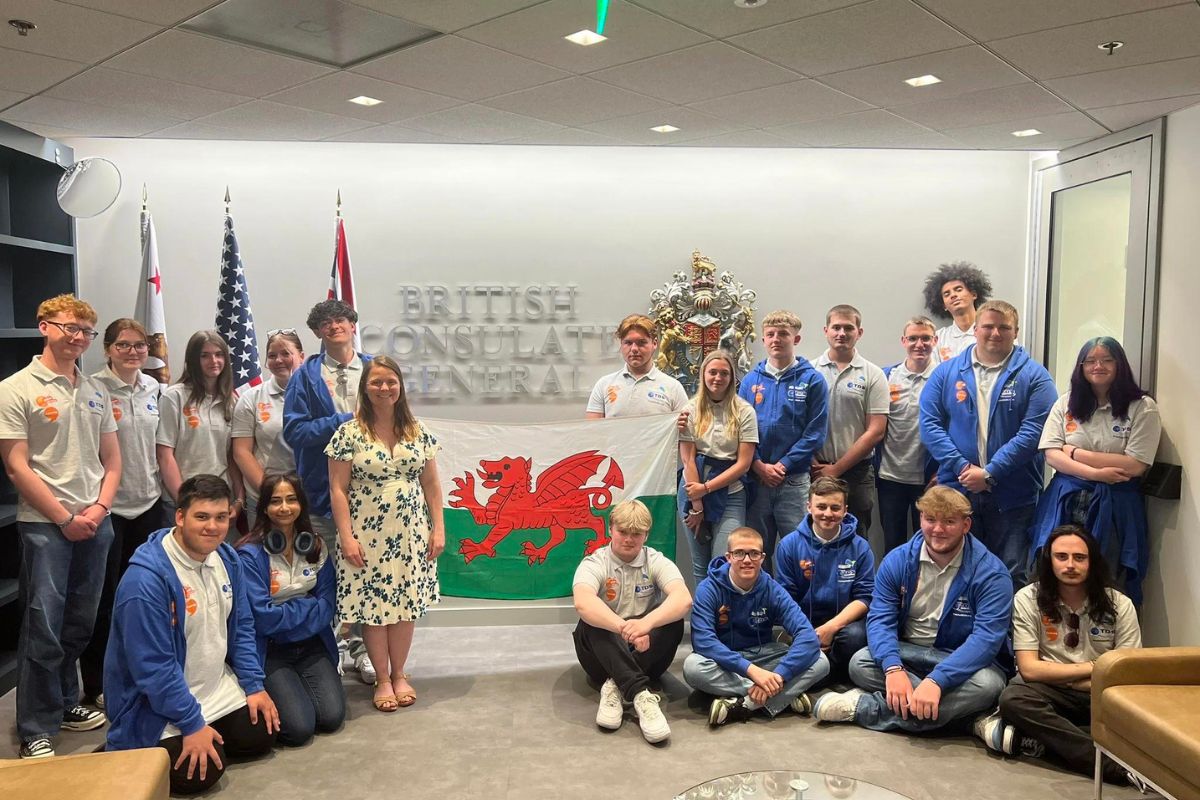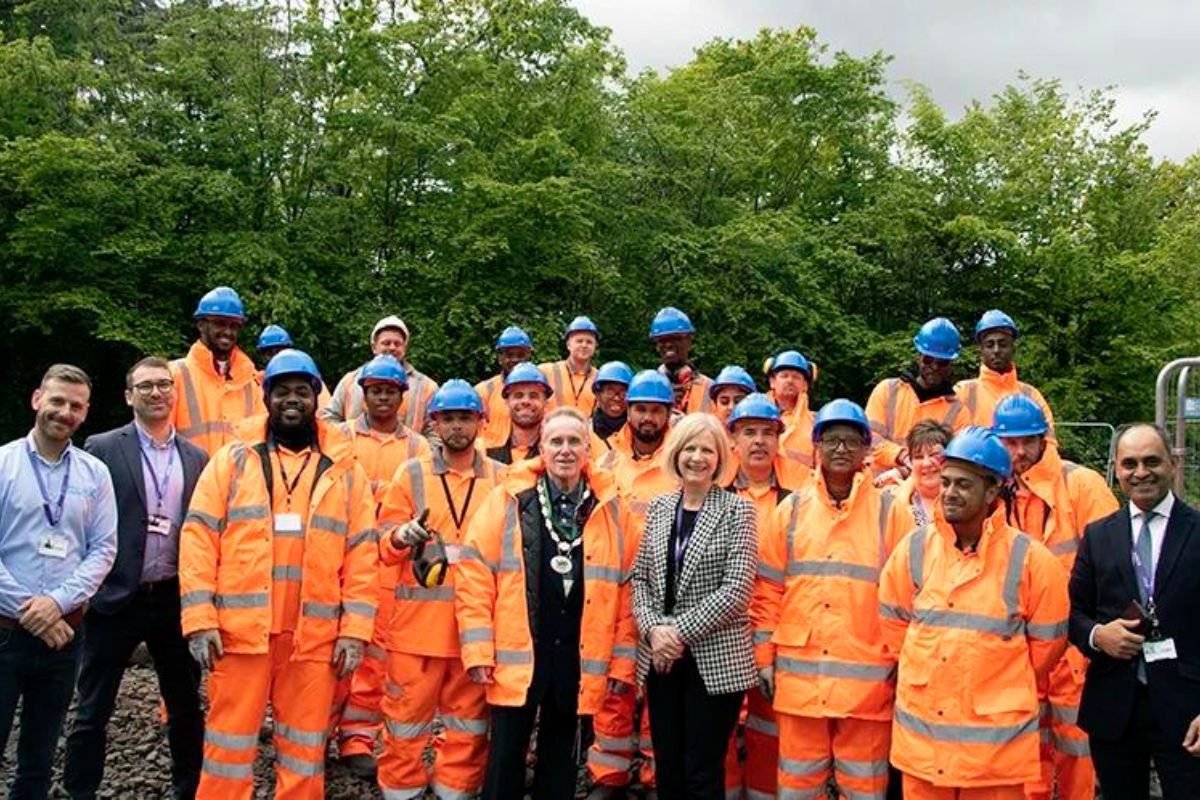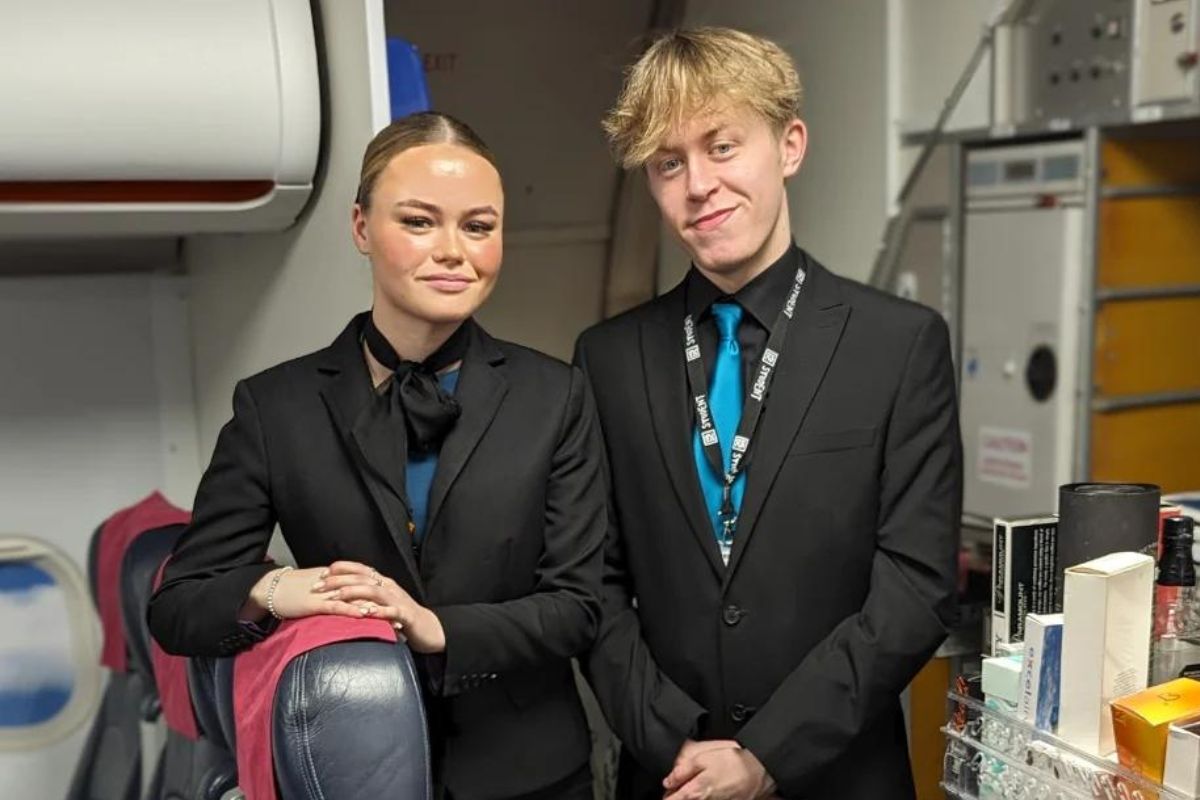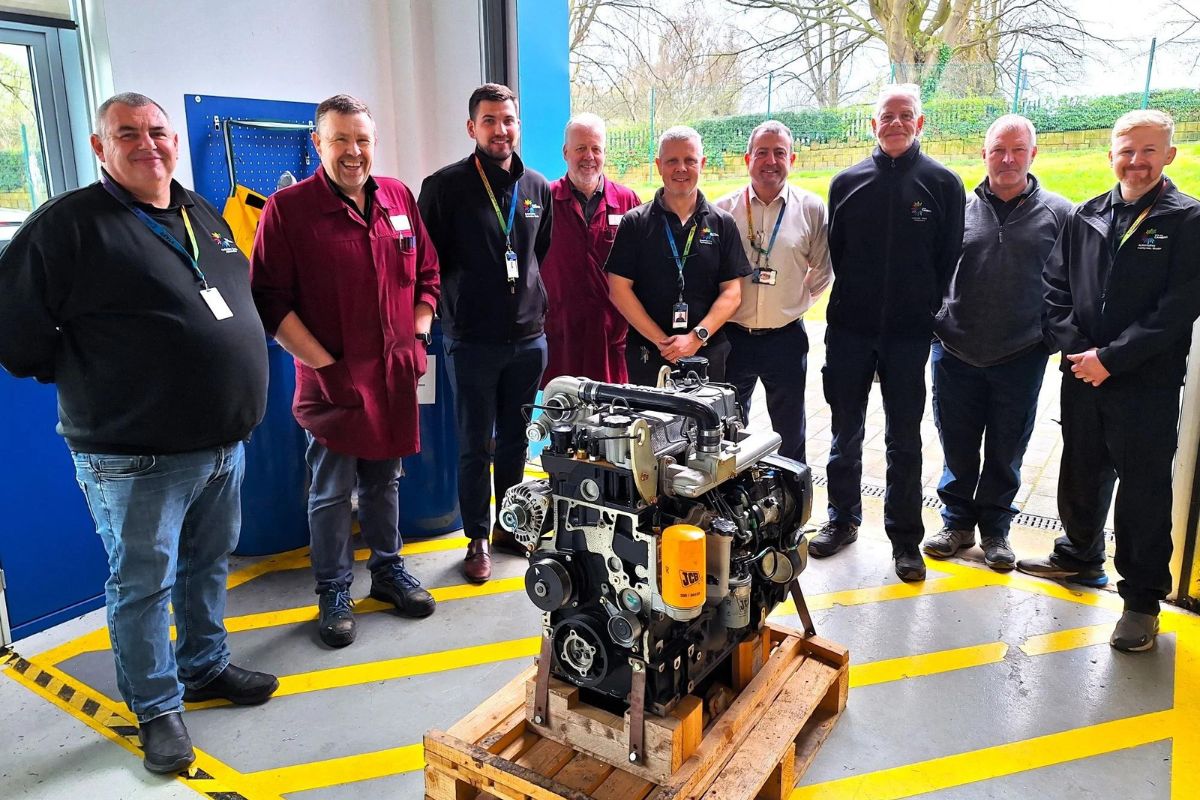Revolutionising Employment Opportunities for Neurodivergent Talent Post-Education

This article highlights hiring challenges for neurodivergent candidates. Traditional methods exclude them, while inclusive practices like game-based assessments and AI implementation can promote diversity and equity in hiring.
The hiring process is never quite smooth sailing, it is challenging to find the right talent for the right roles and even harder to sift through all of the applications. It is especially important to recognise that the current systems in place for the hiring process often fall short in accommodating the unique needs and strengths of neurodivergent candidates. According to a recent report, the autism community is an “extraordinary talent pool” which remains virtually untapped.” 85% of University graduates with autism are under-employed or unemployed, while 79% of autistic adults have only part-time employment.
Rethinking Hiring Practices for Inclusivity and Success
Unfortunately, the reliance on conformity, traditional interview formats, and rigid assessment methods can unintentionally exclude or disadvantage neurodiverse individuals. Recognising the importance of fostering inclusivity and diversity, employers have the opportunity to implement hiring practices that are more suitable. By doing so, they can break into a rich pool of untapped talent, harness the benefits of diverse thinking, and create an inclusive work environment that values and supports the success of all within it.
Firstly, traditional interview formats, typically in-person, tend to heavily rely on social and communication skills, which may pose challenges for individuals with neurodiverse traits such as autism and ADHD. Furthermore, the reliance on CVs, cover letters, and interviews may inadvertently create biases and favour candidates who are skilled in traditional ways. This can result in the underrepresentation of neurodivergent individuals who may have the required skills and qualifications but struggle to effectively convey them through traditional interview methods. These candidates may struggle with nonverbal cues, small talk, or processing information in real-time, making it difficult for them to effectively showcase their abilities during the process. Additionally, many neurodivergent individuals may find it difficult to perform to their true potential in high-pressure interview settings. The stress and sensory overload can negatively impact their performance, hindering their ability to effectively demonstrate their skills and qualifications.
Moreover, current hiring practices often place significant emphasis on conformity and fitting into established norms. Neurodivergent individuals may have unique perspectives, thinking styles, and approaches to problem-solving that diverge from the typical mould. However, these distinctive traits and strengths may not be adequately recognised or valued in traditional hiring processes, leading to a lack of inclusivity and missing out on the diverse pool of talent that neurodiverse candidates can bring to the workplace.
How can businesses make themselves attractive to neurodivergent candidates?
Businesses can make themselves attractive to neurodivergent candidates by implementing certain strategies and creating an inclusive work environment. They should look to revise their recruitment and hiring practices to focus on skills and abilities rather than solely relying on a CV. This includes using alternative interview formats such as game-based assessments and providing clear and transparent job descriptions. Rethinking and adapting these practices to be more inclusive, accommodating, and focused on assessing relevant skills and abilities can help create a more accessible hiring process.
Employers who want to attract neurodiverse candidates during the assessment stage can use game-based assessments. These assessments are pre-hire assessments intentionally built as games and are designed to meet the specific needs of neurodiverse candidates. Recent psychological research supports the effectiveness of game-based assessments as a more interactive and suitable method for neurodivergent individuals to navigate through their job applications.
Game-based assessments
Game-based assessments have several advantages that make them more suitable for neurodivergent candidates. These assessments provide a more engaging and interactive experience compared to traditional assessment methods. Neurodivergent individuals often possess strengths in visual-spatial reasoning, pattern recognition, and problem-solving, which can be effectively examined through game-based formats. This allows candidates to better showcase their abilities in a way that aligns their strengths, enhancing their performance and providing a more accurate reflection of their skills. Game-based assessments provide a more inclusive and equitable evaluation platform for all candidates. By leveraging their cognitive strengths, creating a comfortable environment and assessing a broader range of skills, game-based assessments enable neurodiverse individuals to showcase their abilities and talents.
Helping neurodivergent individuals thrive in the workplace
For those already in employment, offering workplace accommodations, such as flexible schedules or quiet spaces, can help neurodivergent individuals to thrive. Employers can also provide training and education to foster greater understanding and empathy among employees, promoting a culture of acceptance and support.
Implementing processes that are more suited to neurodivergent candidates not only benefits the employers but the businesses as a whole. Accommodating neurodivergent employees promotes a positive and inclusive workplace culture and leads to higher employee satisfaction. The business benefits of diverse thinking extend beyond neurodiversity to encompass a broader range of backgrounds, experiences, and perspectives. When a team is composed of individuals with different thoughts and ideas, it fosters a more equal decision-making process and creates a dynamic environment that values creativity, adaptability, and long-term success.
Artificial intelligence in the hiring process
The implementation of modern tech such as artificial intelligence in the hiring process has the potential to help all people with jobs, but particularly neurodivergent candidates. AI-powered systems can help remove human biases and prejudices that may exist in traditional hiring processes. By relying on objective data and algorithms, AI can assess candidates based on their skills, qualifications, and experience, rather than subjective factors. This creates a more level playing field for all applicants, promoting fairness and equal opportunities, especially when working in tandem with human decision-makers. For optimal outcomes, organisations are advised to implement a combination of AI and human involvement to establish a system of checks and balances throughout the recruitment process.
Conclusion
Traditional hiring processes and interview methods often fail to fully embrace the strengths and unique perspectives of neurodivergent candidates. However, by recognising the value of inclusivity and diversity, employers have the power to transform their hiring practices and break into an entire pool of talent they normally wouldn’t. Implementing inclusive strategies such as game-based assessments, providing reasonable accommodations, and focusing on skills rather than solely what’s on a CV can open doors for neurodivergent individuals to thrive. Embracing neurodiversity not only promotes fairness and equity, but also fosters innovation and creativity.
By Colin Willis, IO Psychology Program Manager, HireVue
FE News on the go…
Welcome to FE News on the go, the podcast that delivers exclusive articles from the world of further education straight to your ears.
We are experimenting with Artificial Intelligence to make our exclusive articles even more accessible while also automating the process for our team of project managers.
In each episode, our thought leaders and sector influencers will delve into the most pressing issues facing the FE sector, offering their insights and analysis on the latest news, trends, and developments.











Responses